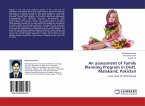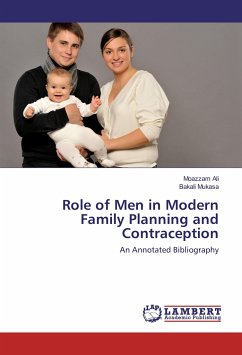In Mali, despite considerable progress, the contraceptive prevalence rate remains one of the lowest in the world. This low contraceptive prevalence contributes strongly to maternal and infant mortality, which are among the highest on the continent.The purpose of this study was to evaluate the knowledge, attitudes and practices of the members of the Women Users Committee (WUC) of the CSCOM of Doumanzana, in the District of Bamako, on family planning. The study was conducted from November 1, 2020 to December 31, 2020 with a sample of 60 women. The results show an excellent knowledge of women on contraceptive methods. However, the study highlights a low level of knowledge about emergency methods and natural methods. Injectables (96.7%), implants (95%) and oral methods (88.3%) are the most known methods. Although knowledge was high, contraceptive use remains relatively low, with only 45% of users. However, these results are encouraging compared to the national average of only 16%.
Bitte wählen Sie Ihr Anliegen aus.
Rechnungen
Retourenschein anfordern
Bestellstatus
Storno








